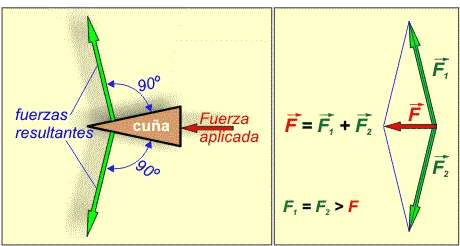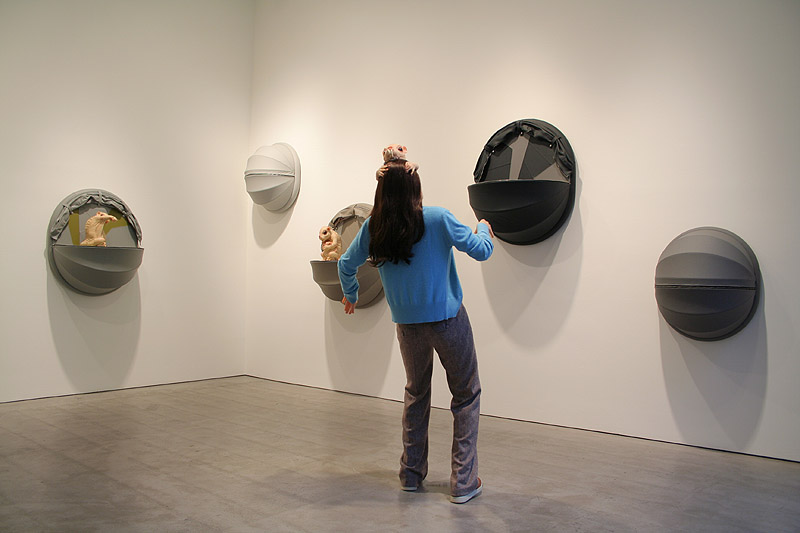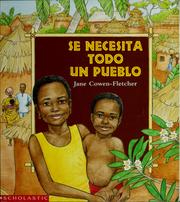Spanish Word of the Day
| August 5th, 2014 at 8:15:35 PM permalink | |
| Wizard Administrator Member since: Oct 23, 2012 Threads: 241 Posts: 6108 | Fecha: 6-8-14 Palabra: Cuna Today's SWD means cradle or birthplace. It should not be confused with cuña, which means bedpan. The assignment for the advanced readers is to confirm or deny a common etymology with the word cunnilingus *ahem*. Ejemplo time. El gato esta en la cuna con una cuchara plata. = The cat's in the cradle with a silver spoon. Knowledge is Good -- Emil Faber |
| August 6th, 2014 at 12:24:15 AM permalink | |
| Pacomartin Member since: Oct 24, 2012 Threads: 1068 Posts: 12569 | cunnilingus (n.) 1887, from Latin cunnus (see the monosyllable ) + lingere. Cunnilingus was a very familiar manifestation in classical times; ... it tends to be especially prevalent at all periods of high civilization. [Havelock Ellis, 1905] The Spanish word comes from Latin cunae which also means cradle. Latin cunae & cunnus surprisingly do not seem to share a common root.  Old English "cwene", is distantly related to Latin 'cunnus". Old english "cwene" gave us Middle English "quene" and unusual English"quean". It was a robust woman and often a prostitute. It is the ancestor of thederogatory name given to male homosexuals. But it is normally spelled the same as the homophone and closely related word "queen". |
| August 6th, 2014 at 6:43:29 AM permalink | |
| Nareed Member since: Oct 24, 2012 Threads: 346 Posts: 12545 |
It's not a good idea to pick an obscure meaning over a well-known meaning. Cuña means wedge. Donald Trump is a one-term LOSER |
| August 6th, 2014 at 7:39:47 AM permalink | |
| Pacomartin Member since: Oct 24, 2012 Threads: 1068 Posts: 12569 |
While the English word "bed + pan" is descriptive of it's use, the Spanish word seems more descriptive of it's shape. So some shoes are called cuñas as well.   |
| August 7th, 2014 at 1:45:16 AM permalink | |
| Wizard Administrator Member since: Oct 23, 2012 Threads: 241 Posts: 6108 | Fecha: 7-8-14 Palabra: progenitor One common false cognate in Spanish is pariente, which you would think means parent, but actually means relative. The word for parents is progenitores. Evidently, progenitor means father and progenitora means mother. The assignment for the advanced readers is to compare and contrast progenitor y padre and/or progenitora y madre. Ejemplo time. Estoy buscando por el hombre que disparó mi progenitor. = I'm looking for the man who shot my father. Knowledge is Good -- Emil Faber |
| August 7th, 2014 at 2:45:38 AM permalink | |
| Pacomartin Member since: Oct 24, 2012 Threads: 1068 Posts: 12569 |
progenitor, ra. (Del lat. progenĭtor, -ōris). 1. m. y f. Pariente en línea recta ascendente de una persona. 2. m. pl. El padre y la madre. According to the DRAE it could mean either your father and mother, or a relative who is also an ancestor. It usually defaults in English to one of your ancestors, but someone of some significance . So Owen Tudor is the progenitor of the British royals in the modern age. The word is so widely used in sci-fi today, that you seldom see it used in a non-fantasy setting.  |
| August 7th, 2014 at 7:25:10 AM permalink | |
| Nareed Member since: Oct 24, 2012 Threads: 346 Posts: 12545 |
YEs, but see what Paco said also. And don't think this word is in common usage. Outside of wrtiers wishing for a synonym to avoid repetition, it's not used. You're as likely to hear an american say "pater" as a Mexican say "progenitor." And I'd wager most people understand it as some kind of linear ancestor.
"...buscando AL hombre que LE disparó..." In your example it sounds as someone shot your father out of a canon. Donald Trump is a one-term LOSER |
| August 8th, 2014 at 5:34:24 AM permalink | |
| Wizard Administrator Member since: Oct 23, 2012 Threads: 241 Posts: 6108 | Fecha: 8-8-14 Palabra: Aldea Today's SWD means village. The assignment for the advanced readers is to compare and contrast aldea y pueblo. Ejemplo time. Una aldea es necesitado para criar un niño. = It takes a village to raise a child. (How many push-ups do I owe for that?)  Knowledge is Good -- Emil Faber |
| August 8th, 2014 at 7:22:59 AM permalink | |
| Nareed Member since: Oct 24, 2012 Threads: 346 Posts: 12545 |
A village is wanted to raise a boy.
Do you know Avogadro's number? :) Donald Trump is a one-term LOSER |
| August 8th, 2014 at 11:46:29 PM permalink | |
| Pacomartin Member since: Oct 24, 2012 Threads: 1068 Posts: 12569 |  The OED calls "to take" one of the elemental verbs in the English language. It is one of the 10 most common verbs. From Old English "tacan" it can be translated by dozens of Spanish verbs. Interestingly "tomar" the most common translation of "to take" is not traceable to a Latin verb and is of unknown origin. It is probably the first verb I've seen in Spanish with an unknown etymology. But at least one writer of a book uses "se necesitar" to translate "it takes".  |

